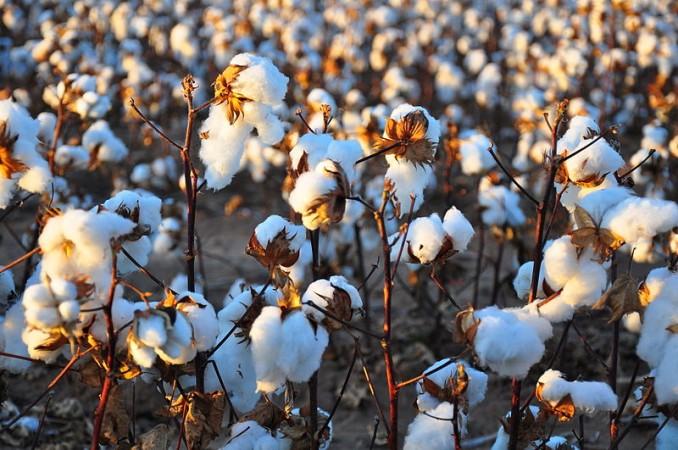
The Indian government's order on Thursday, which limits trait fees or royalty charges on all prospective varieties of genetically modified (GM) cotton seeds, will see Monsanto India Ltd. at the receiving end, reported Reuters. The U.S. headquartered company is the lone supplier of GM cotton seeds in India.
In March, the government cut the royalty fee by up to 73 percent and capped the GM cotton seed prices at Rs. 800 for a packet of 450 grams. Both the domestic licensees and farmers had complained against Monsanto for charging high royalty and pricing its GM cottonseeds exorbitantly.
Though Monsanto's name was not mentioned in any of the government notifications or order, the company was at the centre of it all. Thursday's ruling explicitly targets Monsanto's royalties on all the new and advanced varieties of GM cotton to be capped within 10 percent of the seed price (fixed at Rs. 800) for five years from the date of commercialisation. Following this, the royalties will gradually lessen by 10 percent every year.
The order further noted that every new variety has a short shelf life and therefore once it loses its efficacy it simultaneously loses its royalty status. The effectiveness of any pest resistant GM/Bt seed is expected to be around 4-5 years on an average, as the pests they are meant to kill become resistant, Ashok Gulati an agricultural economist had noted earlier.
The government also stated that any local seed company seeking licences for selling any new GM cotton variety shall get the licence within 30 days of request.
Monsanto spokesman said the order needs evaluation, while Association of Biotechnology Led Enterprises- Agriculture Focus Group (ABLE-AFG) called it a "huge blow" to innovation in agricultural biotechnology, Reuters reported. The agri-research advocacy group noted the order would slacken investment into agricultural research.
Reuters reported that the new government order are tougher than the royalty cut announcement made in March.






